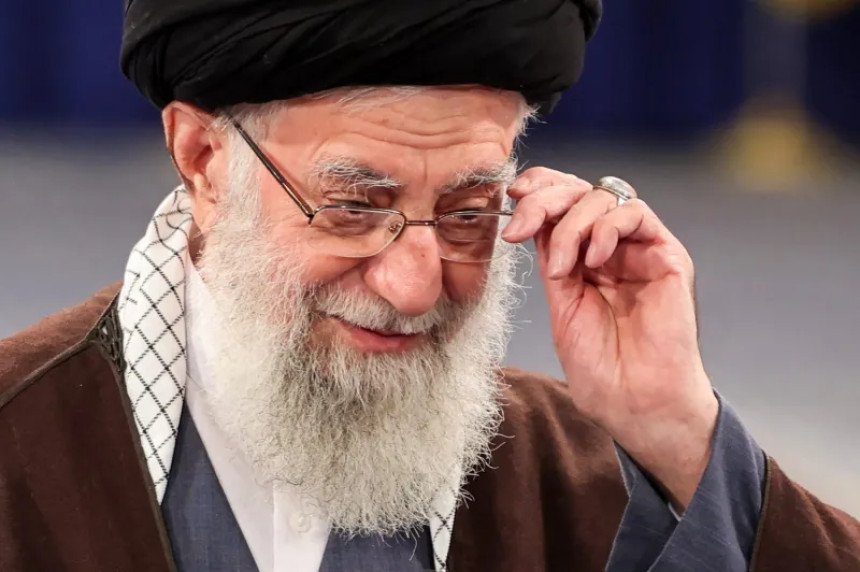
Who Is Supreme Leader Ayatollah Ali Khamenei? | His Influence on Iran
Supreme Leader Ayatollah Ali Khamenei, his role in Iran's politics, his spiritual influence, and the health effects of his leadership on the nation.
Supreme Leader Ayatollah Ali Khamenei is the highest authority in Iran, holding a position that merges both political and religious influence. Appointed in 1989, Khamenei has shaped Iran's domestic and foreign policies for decades. His power extends beyond the political realm, influencing various sectors including the judiciary, military, and media.
Ayatollah Khamenei's Role in Iranian PoliticsAyatollah Khamenei's role as the supreme leader places him at the top of the political hierarchy. His influence surpasses that of Iran’s president, making him the central figure in all critical national decisions, from international relations to domestic policies. The supreme leader holds control over Iran's military and judiciary, and he oversees major institutions such as the Revolutionary Guards.
Under his leadership, Iran has experienced significant political shifts, including its stance on nuclear development, international sanctions, and its approach toward regional conflicts.
Spiritual Influence of Ayatollah KhameneiAyatollah Khamenei’s authority is deeply tied to his religious role as a cleric. His leadership is seen as divinely endorsed, particularly within Shia Islam. For many Iranians, his spiritual guidance represents continuity and stability in the face of regional instability.
Positive Spiritual Aspects- Unity and Identity: Khamenei’s leadership has helped foster a sense of national identity and unity among many Iranians, especially those who adhere to the principles of the Islamic Revolution. His spiritual guidance is viewed by his followers as essential to preserving Iran’s Islamic character.
- Moral Governance: His religious authority is often tied to the idea of moral governance, with a focus on preserving Islamic values and resisting Western influences.
- Suppression of Diversity: Critics argue that his spiritual authority has contributed to the suppression of political dissent and religious diversity. Some accuse him of limiting freedom of expression and persecuting minorities under the guise of protecting Islamic values.
- Isolation: His policies have been linked to Iran’s political and economic isolation on the global stage, leading to challenges for its citizens.

![[WATCH VIDEO] Sophie Rain and sister Sierra Rain as Black Spiderman goes viral](https://www.aikeeda.com/uploads/1736603151.jpg)
Watch Ice Spice leak video Leaked Viral on social media
Watch Leaked Ice Spice Leak Video Viral On Social 3D Model. Something went wrong with the...
Top 6 Government Job Vacancy in August 2024
Rajasthan Govt Job Vacancy 2024, Rajasthan Govt job Vacancy 2024 for Female, Rajasthan g...
![[VIRAL VIDEO] Nimra Mehra Orginal Full Video MMS Clip](https://www.aikeeda.com/uploads/1735328254.png)
